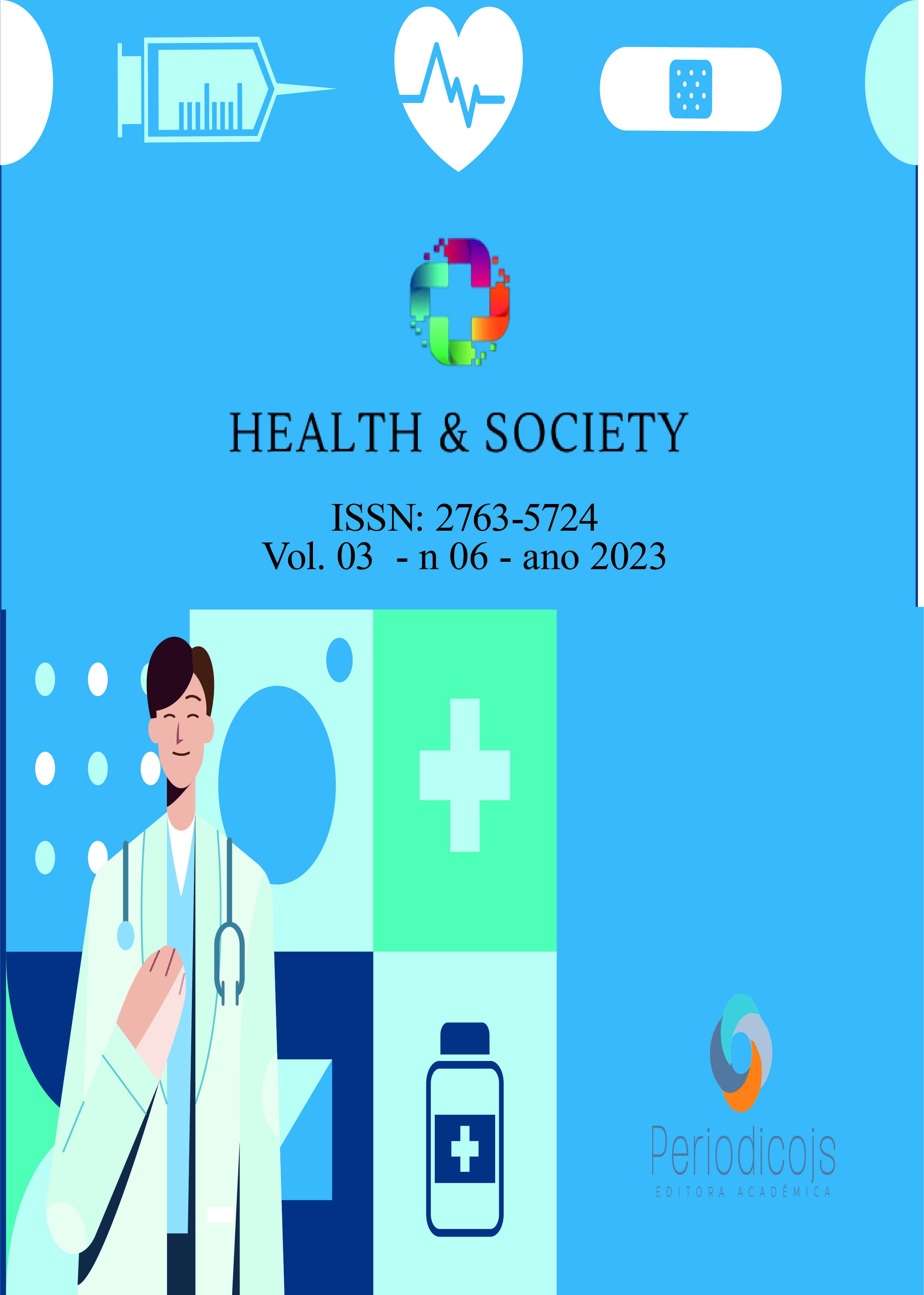Resumo
The present study aimed to analyze the epidemiological profile of dengue cases notified in Brazil between 2018 and 2022. This is a descriptive, retrospective, epidemiological study based on secondary data from the National Disease Notification Information System (SINAN). A total of 4,701,914 notified cases were analyzed in this period, with a focus on distribution by sex, age group, race/color, and region. There was a predominance of females (54.8%), young adults between 20 and 49 years old (53.6%), browns (36.7%) and whites (37.1%). The Southeast region had the most cases (43%), but the Northeast and Midwest also had high numbers. An expressive increasing trend was identified starting in 2019, with alarming peaks in 2021 and 2022. The study reveals that dengue persists as a serious public health problem in Brazil, making it essential to strengthen integrated strategies for vector prevention and control, epidemiological surveillance, community mobilization, and health education to reverse this trend.
Referências
Alves, Mônica et al (2021), “Uma revisão sistemática da literatura: análise sobre desigualdade estrutural em decorrência de casos de dengue e sua influência no cenário brasileiro”, Research, Society and Development, 10, (11), e71101119355, ISSN 2525-3409. Versão eletrônica, consultada em 10/10/2023, em https://rsdjournal.org/index.php/rsd/article/view/19355.
FIOCRUZ (2022), “Dengue: sintomas, transmissão e prevenção”, pagina web. Consultado em 22/10/2023, em https://www.bio.fiocruz.br/index.php/br/saiba-mais-sobre-a-dengue.
Instituto Osvaldo Cruz (s. d.), “O mosquito Aedes aegypti faz parte da história e vem se espalhando pelo mundo desde o período das colonizações”, pagina web. Consultado em 22/10/2023, em https://www.ioc.fiocruz.br/dengue/textos/longatraje.html.
Ministério da Saúde (2023), “Saúde de A a Z; D; Dengue”, Portal gov.br. Consultado em 01/11/2023, em https://www.gov.br/saude/pt-br/assuntos/saude-de-a-a-z/d/dengue.
SINAN, (s. d.), “Dengue - Notificações registradas no sistema de informação de agravos de notificação – Brasil”, Portal gov.br. Consultado em 09/11/2023, em: <http://tabnet.datasus.gov.br/cgi/deftohtm.exe?sinannet/cnv/denguebbr.def>.
Vecchia, Andréia et al (2018), “Panorama da dengue na região sul do brasil de 2001 a 2017”, Cogitare Enferm. (23)3: e53782, ISSN 2176-9133. Versão eletrônica, consultada em 15/11/2023, em https://revistas.ufpr.br/cogitare/article/view/53782/pdf.

Este trabalho está licenciado sob uma licença Creative Commons Attribution 4.0 International License.
Copyright (c) 2023 Thulio Mendes de Carvalho, Manoel Fortuna de Carvalho Neto, Álvaro Moura e Silva, Gabriel Ribeiro Learth, Igor Leal Pires Santos, Maria Antônia Oliveira Machado Pereira, Willimar Gleiser Schmidt Binsfeld, Aíne Moreira de Souza, Rhafaella Rocha Rosa de Lima, Laenio Souza Da Silva





